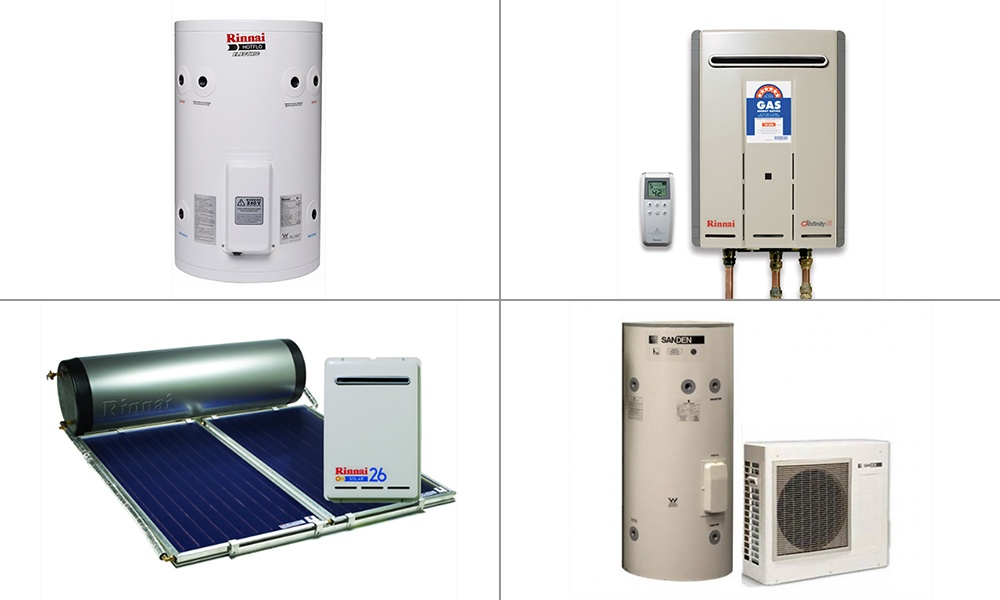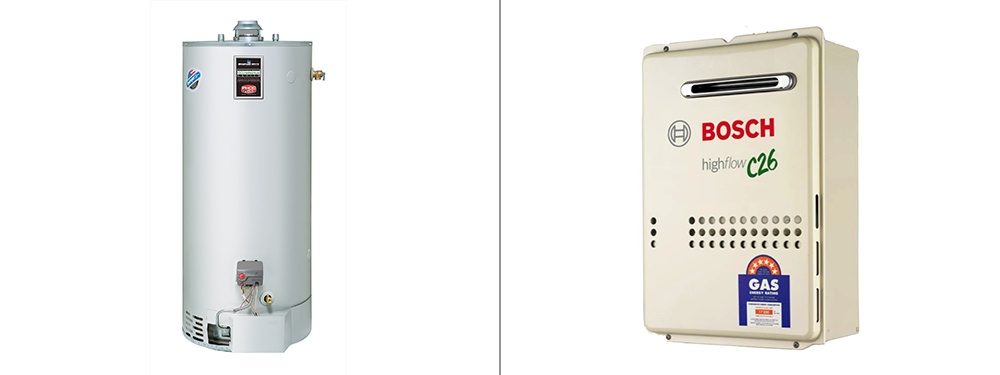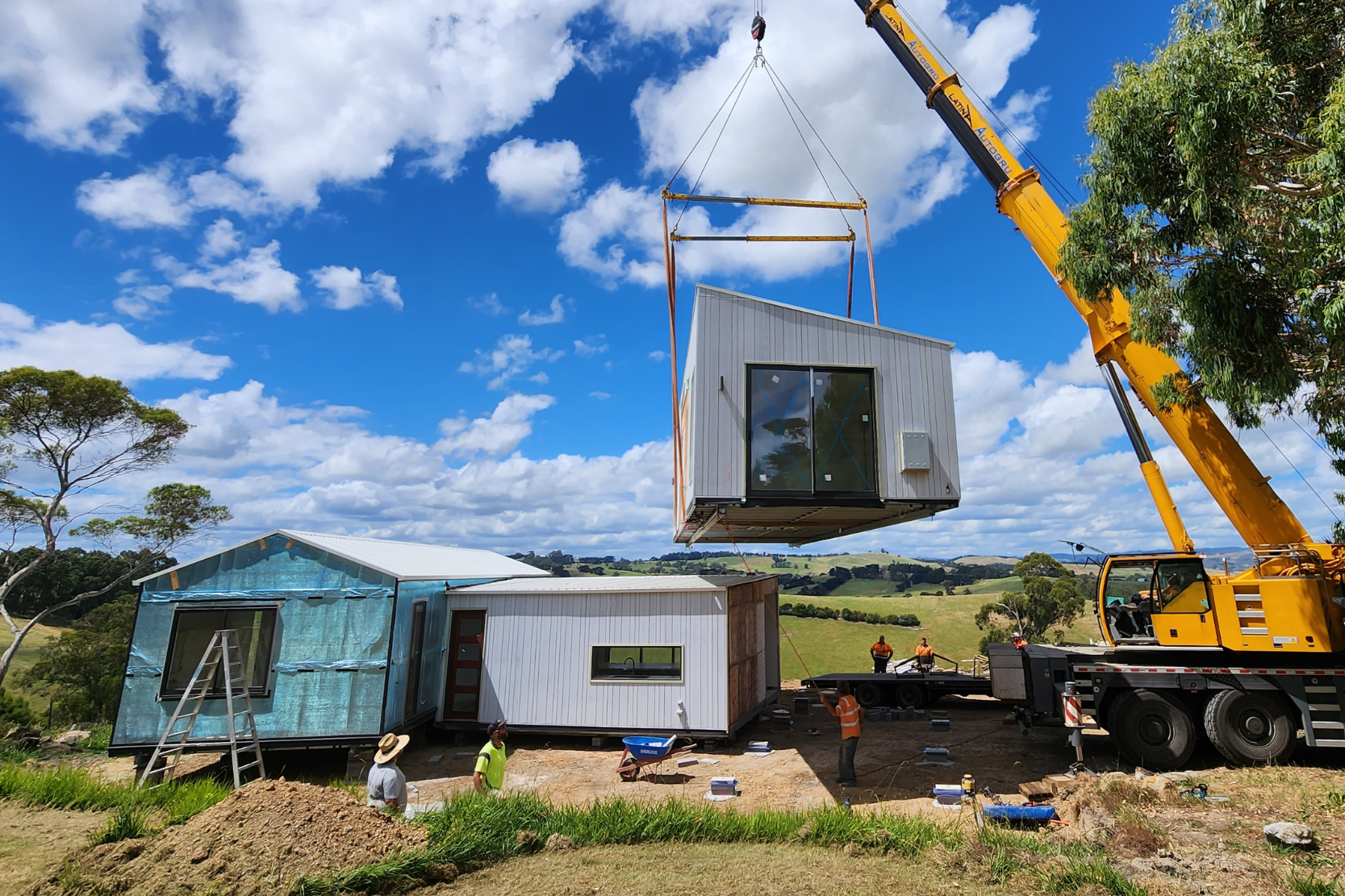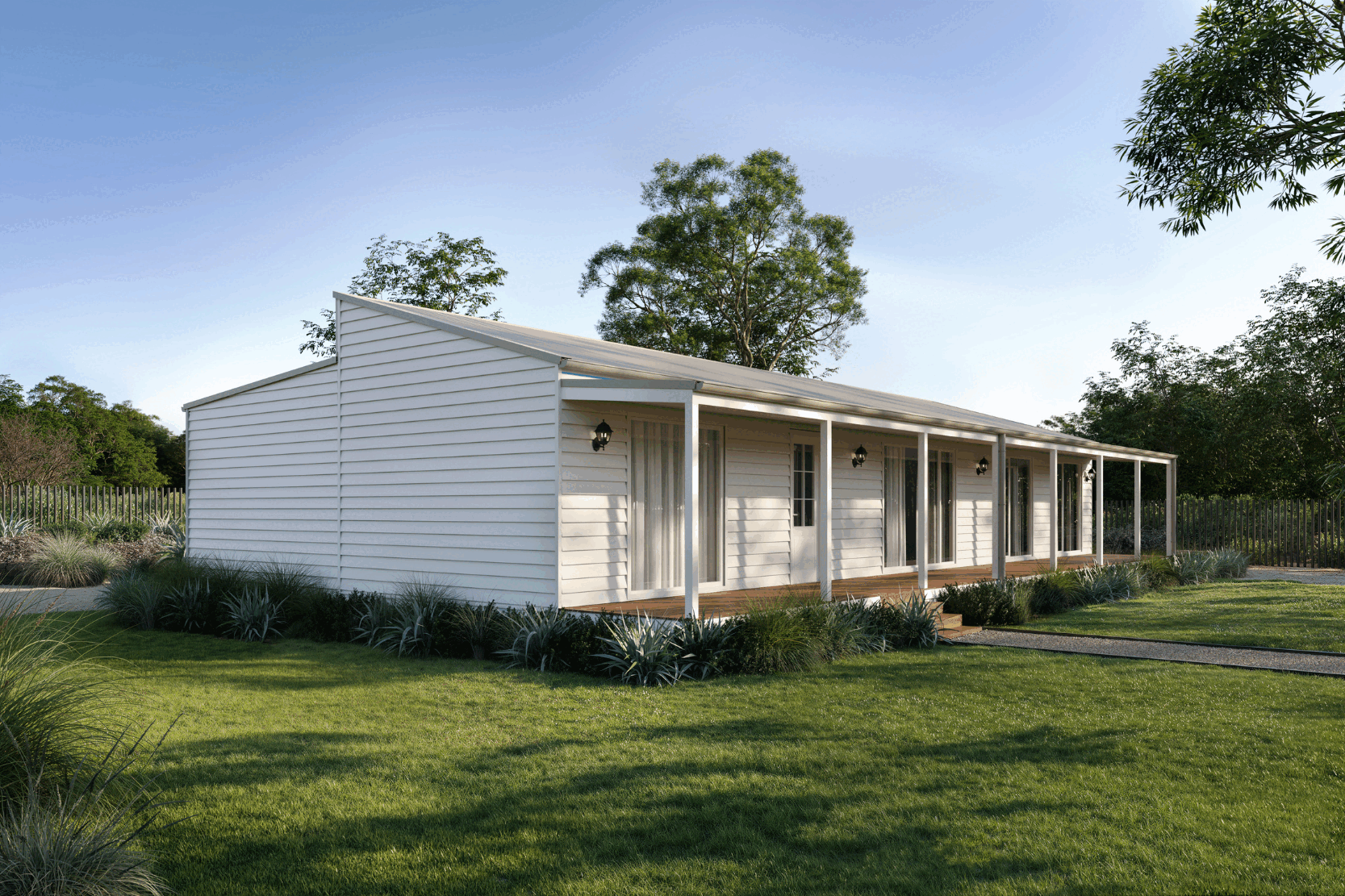Article
How to Choose the Best Hot Water System For Your New Modular Home
Design inspiration
June 02, 2017

Written by
Laurie Raikes

If you’re like most people, you probably haven’t thought much about where your hot water is coming from, unless it suddenly stops.
But the largest source of greenhouse gas emissions in the average Australian home is water heaters - so when choosing a hot water system for your modular home, it’s worth putting some time into comparing the options.
Look for energy efficiency, low running costs and of course, a system that can meet the needs of everyone in your home – both now and in the future.
Here’s an overview of hot water system options to help you find the best match for your new modular home.
Step One: Electric, Gas, Solar or Heat Pump?
The first thing you’ll need to decide is how you’ll heat your water. There are four options - electricity, gas, solar, or heat pump – and each has unique features and pros and cons. Weigh up your own situation and needs, and compare them to the below options, to find the right fit.
 Electric storage tank systems are generally cheaper to buy and install than their counterparts, but they’re often the most expensive to run.
Electric storage tank systems are generally cheaper to buy and install than their counterparts, but they’re often the most expensive to run.
If off-peak electricity is available in your home, you can cut the running costs with a system that only heats up during off-peak times, rather than a continuous unit.
But you’ll need a larger tank, so the water heated overnight lasts all day - for example, a household of four typically needs a 125-160L tank for a continuous system or a 250-315L tank to run off-peak.
Natural gas systems are cheaper to run than electricity and they can heat any time without the worry of higher “peak” prices. Gas systems have an energy efficiency rating and are usually installed outdoors for ventilation, but if necessary, could be installed indoors with a ventilation flue.
If natural gas is not connected to your property, LPG bottles can be used instead, but this will cost you significantly more to run. Some gas systems have a pilot light, which uses a small amount of gas, while others have an electric ignition.
In terms of size, a four-person household would need around a 135-170L tank, plus there’s the option of an instantaneous system as well.
Solar hot water systems are made up of collector panels and a storage tank. For a household of four, you’d need at least two panels, which equates to around four square metres of solar collector area, or more if your panels can’t be positioned in an area that receives sufficient sunlight.
Solar hot water systems also need a big tank, about 300-360L for a family of four. The tank will also usually have an electric or gas booster that can kick in when needed and the larger size tank will cover you on days when there’s less sunlight.
A negative of solar is the high price tag, but you can offset the cost with incentives and government rebates - and if you choose the right system, it will well and truly pay for itself over time.
Heat pump systems are a more efficient electric storage tank option. They extract heat from the air outside the tank and draw it in to heat the water, in a similar way to an air conditioner.
Heat pump systems are best suited to warm and temperate climates, and the unit’s tank and compressor can be split or integrated. You’ll need a well-ventilated area to install, but not outside your bedroom window as the units can be noisy.
For four people, you’ll need a 270–315L tank for a good supply of hot water. Like solar, there are government rebates and other incentives available to offset the higher purchase cost.
Step Two: Tank or Continuous?
 Most hot water units use a tank system, and although they are insulated, they are best installed somewhere that gets some sun or is protected to avoid excess heat loss.
Most hot water units use a tank system, and although they are insulated, they are best installed somewhere that gets some sun or is protected to avoid excess heat loss.
Stainless steel tanks will cost you more but they’ll last longer, need less maintenance and will usually have a 10-year warranty. Mild-steel tanks generally come with 5 -10-year warranties and they need regular maintenance to avoid corrosion.
Continuous flow systems are sometimes called “instantaneous”, but in reality, they do take a few seconds to heat up. They work by heating only as much water as you need, and because there are no heat losses from water stored in the tank, they are often cheaper to run.
Most continuous systems are gas powered, but there are electric models available too. With continuous systems, it’s important to get the flow rate and trigger point right to make sure the continuous flow operates during low flow as well as high.
Step Three: Final Decision
Now that you know your options, work out an estimate of your household’s water usage. A rough guide is around 50L of hot water a day, per person – but it will be more if you have long showers, wash your clothes in warm or hot water or use a dishwasher regularly.
For most homes, solar is the most efficient and the cheapest to run. But its price tag means it’s not an option for everyone. Gas or electric continuous flow systems work well for small households with 1-2 people, while gas is the most affordable and economical choice for medium to large households with 3 or more occupants.
You’ll also need to consider the features of your block – is there natural gas connections available? Or do you have a sunny place where solar panels could be located?
Final Word
The hot water system you choose will have a big impact on your energy usage – and your energy bills. So, take some time to research the options and consider your current and future needs, to be sure you get the best hot water system for your new modular home.
Over to You
Have you got some tips to share based on your experience choosing a hot water system? Or are you weighing up your options and have a question? We’d love to hear from you!






.png)